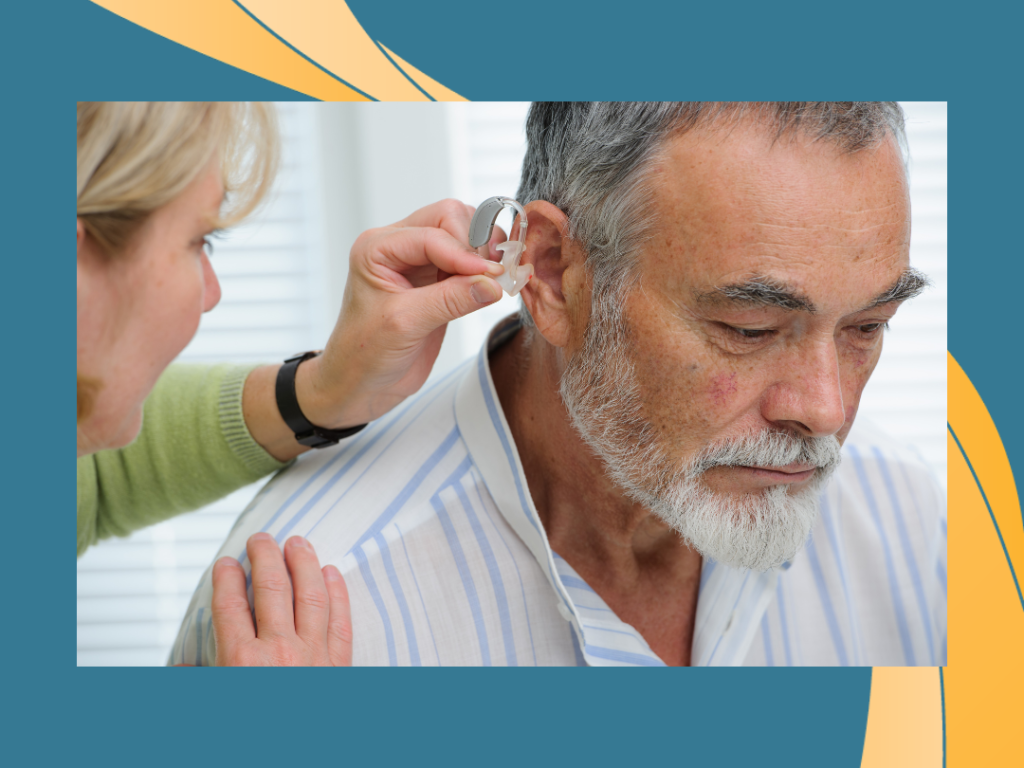
If you’ve already made the decision to buy hearing aids, you’ve made a significant investment in your hearing health. Now it’s time to learn how to keep your hearing aids working properly so you can protect your investment. Today, we’ll look at some easy ways to care for your hearing devices so they’ll serve you well for many more years to come.
7 Tips to Keep Your Hearing Aids Working Properly
1. Treat your hearing aids with care.
Today’s hearing aids are technology marvels. They’re made up of many tiny parts that all work together to help you hear better. With that in mind, it’s important to handle them with care, just like you would your smartphone or other piece of technology. When you handle them gently, it’s more likely you’ll be able to keep your hearing aids working properly for as long as possible.
2. Turn your hearing aids off when not in use.
To maximize their effectiveness, you’ll want to wear your hearing aids as much as possible. There are a few times when it’ll be necessary to take them out, however. For example, when you go swimming, go to bed for the night, or take a nap. You can make your hearing aids and their batteries last longer by turning the devices off when not in use.
3. Store your hearing aids in a safe place.
When you do take them out and turn them off, keep your hearing aids safely tucked away inside their case. This will keep them protected from dust, moisture, debris, and little children who might find them fascinating.
4. Keep your hearing aids away from moisture.
Water is one of your hearing aids’ biggest enemies. If you want to keep your hearing aids working properly, it’s essential that you protect them from moisture. Take them out and store them safely whenever you’re planning to be around water, such as swimming, boating, etc. If your hearing aids do get exposed to moisture, pat them dry as gently as possible. There are also hearing aid dehumidifiers that can be useful if you’re regularly in humid environments.
5. Change the batteries at regular intervals.
In order to keep your hearing aids working properly, they need energy to operate. That’s where hearing aid batteries come in. How long the batteries last depends on several factors including:
- The type of hearing aids you have
- How often the hearing aids are used
- How much streaming is done via Bluetooth
It’s a good idea to keep extra batteries with you at home and when you travel, especially if you’re planning a vacation where you’ll be away for several days or more.
6. Get your hearing aids cleaned.
Remember those little parts inside your hearing aids we mentioned earlier? Dirt, debris, and even an earwax buildup can interfere with how well they work. Keep your hearing aids working properly by keeping them clean. The next time you visit your audiologist, be sure to ask them exactly how you should clean your hearing aids and how frequently it should be done.
7. Have your hearing aids periodically checked and adjusted as needed.
Speaking of audiologists, this brings us to the last tip. If you notice that your hearing aids aren’t helping you hear as well as they once did and none of the tips above have helped, schedule an appointment with your audiologist. It’s possible that your hearing devices simply need an adjustment. Eventually, you may need to get new hearing aids altogether. But, many times all that’s needed is a small change and you’ll be back to hearing well.
Keep Your Hearing Aids Working Properly With Hearing Aid Repair and Maintenance
At Advanced Hearing Group, our mission is to help you find the best hearing aids that will meet your needs, match your lifestyle, and fit within your budget. Once that’s done, we continue working with you to help you keep your hearing aids working properly for as long as you have them. Oftentimes, following the tips above is all that’s needed. Other times, hearing aid repair or maintenanceis needed and we can help with that at our Mesa or Scottsdale locations.
If you have questions about hearing aid care, need a hearing test, or want to take advantage of any of the hearing services we provide, simply contact us today to schedule an appointment with one of our audiologists.


